Benefits Of Almond Oil For Face And How To Use It
Gently massage this aromatic oil on your face for a flawlessly smooth, glowing complexion.
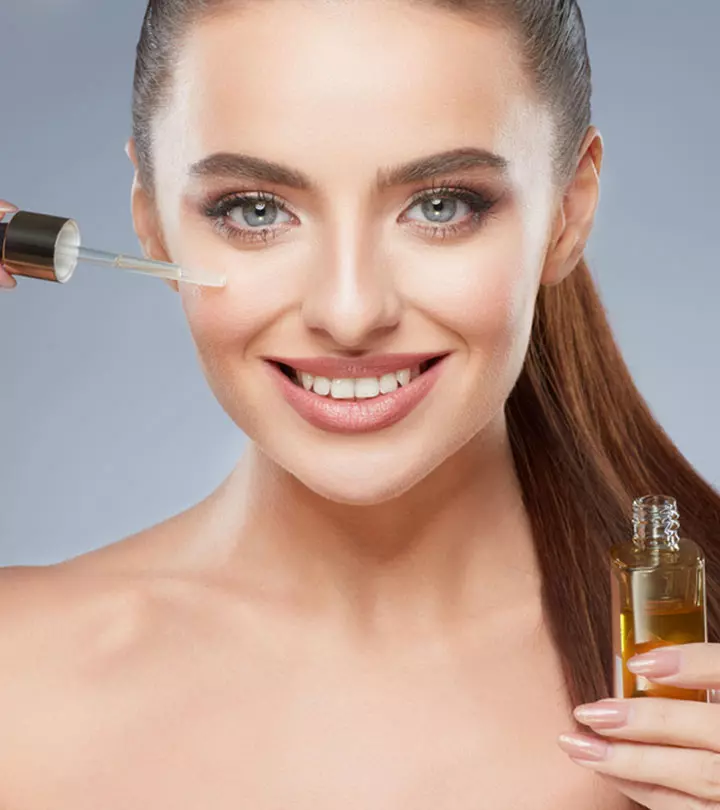
Image: Shutterstock
Almond oil is widely used in skin care and beauty products. The oil is safe for sensitive skin and helps maintain skin health. Using almond oil for the face has multiple benefits. It can keep the skin glowing, reduce pigmentation, manage acne breakouts, and improve your skin texture.
But are these benefits true? How to use almond oil for your face? This article explains the benefits of almond oil and how you can include it in your daily skin care routine. Read on to know more.
In This Article
Benefits Of Using Almond Oil On Your Face
1. Has Antioxidant Properties
Using almond oil for your skin health brings amazing results. Sweet almond oil is hypoallergenic. It can be applied to the face as it does not cause allergic reactions. It is suitable for sensitive skin too.
The vitamin E in almond oil acts as a highly potent antioxidant and prevents skin irritation. This natural skin care product can even soothe swelling, redness, and itching, as well as other clinical skin issues such as psoriasisi An autoimmune disorder that causes itchy and flaky patches on the skin. It has no cure, but treatment can help reduce symptoms. or eczemai A type of dermatitis that weakens the skin's barrier and its ability to stay hydrated, making it itchy, bumpy, and damage-prone. (1).
That said, applying almond oil to your face is only a quick fix and not a long-term solution. Consult your dermatologist for more information in this regard.
2. May Make Your Face Glow

Regular application of almond oil promotes glowing skin and retains your natural beauty, though more research is warranted in this regard. The oil is said to have several brightening properties that leave your skin looking dewy and fresh. The vitamin E in the oil is often attributed to this benefit. Anecdotal evidence suggests the nutrient also keeps the skin soft and supple. And if you want, you can mix it with a carrier oil and apply it all over your body as well.
 Quick Tip
Quick Tip3. Helps Moisturize Skin
The vitamin E in almond oil helps in hydrating the skin (2). It also may help the skin retain its moisture and reduce any irritation caused by dry skin.
Almond oil may also help soften the callouses on the skin. Besides, the product is lightweight and gets absorbed quickly.
Zoha Khan, a blogger, used almond oil to moisturize her face every night and her skin felt soft and smooth. She states in one of her blog posts, “I visibly noticed a clearer skin and an even skin tone too. I have a few spots on my chin that my zits left, and this almond oil is doing a fairly good job in clearing them; they are much lighter now (i).”
4. May Reduce Puffiness And Dark Under-Eye Circles

Using almond oil for dark circles is a common folk practice. The oil has brightening properties that reduce the pigmentation under and around the eyes. It offers an anti-aging effect on the skin by reducing wrinkles and dark circles. The oil also reduces puffiness. However, these claims are anecdotal and need more research to attest to their efficacy.
For best results, we recommend applying the almond oil to your face at night and washing it off the next morning. Leaving it on during the night can give it ample time to soothe the skin under your eyes.
5. May Help Reduce Acne
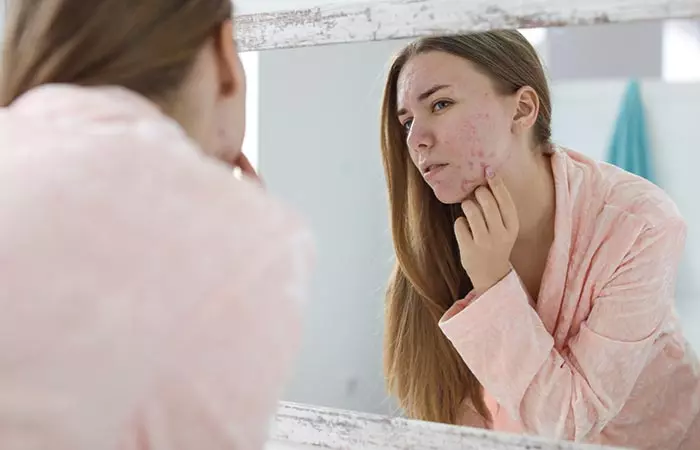
One of the major causes of acne is the sebum buildup in an individual’s skin pores (3). Some believe almond oil may help dissolve the excess sebum in one’s skin. However, there is no research to support this.
Some research suggests that almond oil may enhance one’s skin tone (4). The emollient and antioxidant properties of almond oil can help. It might help repair the skin tone aberration possibly caused by acne breakouts.
Anecdotal evidence suggests that applying the oil once to your face every day for two weeks may give you the desired results.
6. May Be Used As A Face Wash
Unlike other products, almond oil may delve deep into the pores and dissolve dirt, dead skin cells, sebum, and other impurities. However, the deep cleansing effects of almond oil are not backed by enough scientific evidence.
7. May Help Reduce Sunburn
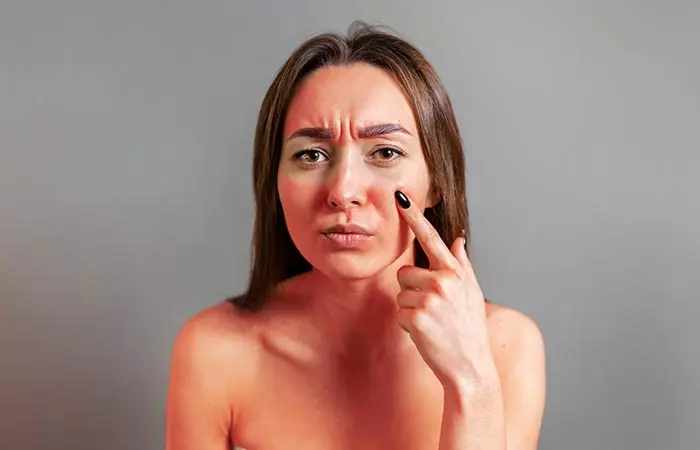
Almond oil is known for preventing or reversing sunburn and protecting the skin against sun damage. According to an animal study, the vitamin E in the oil may help reduce some of the effects of sunburn caused due to excess UV exposure (5). That said, do note that human trials are required to arrive at a conclusion.
8. May Help Lighten Acne Scars
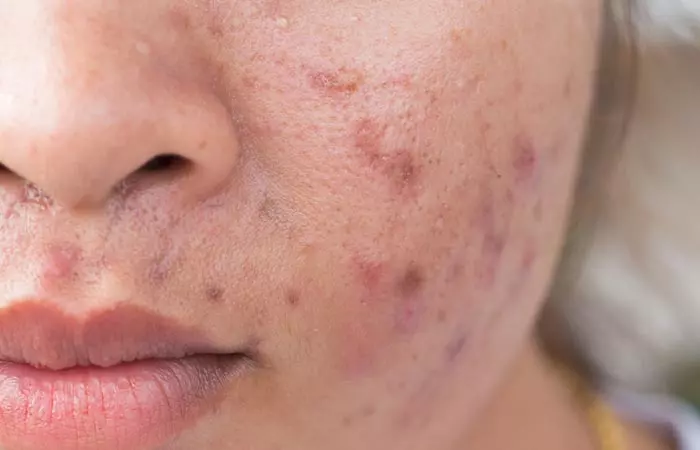
Almond oil was often used with Ayurvedic and Chinese medication to reduce scarring (1). The vitamin E in this oil was believed to stimulate collagen production and heal and lighten marks and scars. However, more research on the effects of almond oil on acne scars is warranted.
As you can see, almond oil could be quite beneficial for one’s face. However, the extent of these benefits greatly depends on how you use almond oil for your face. Read the next segment to find out more.
Key Takeaways
- Almond oil is a mild, hypoallergenic oil that is safe, effective, and beneficial for most skin types.
- It is enriched with vitamin E, which helps moisturize and strengthen your skin barrier, reduce pigmentation, calm inflammation, and improve your overall skin tone and texture.
- Face scrubs, moisturizers, cleansers, and masks are some of the common ways to include almond oil in your regular skincare routine.
How Do You Use Almond Oil For Your Face?
Depending on the outcome that you want to achieve, there are a few ways you can use the oil.
1. Use Almond Oil To Cleanse Your Face
You Will Need
- 1 teaspoon of almond oil
- 1 tablespoon of sugar
How To Make
- Mix the two ingredients in a bowl until just combined. Make sure the sugar does not dissolve.
- Use immediately.
How To Apply
- Apply the mixture all over your face with a brush.
- Massage the oil and sugar into your skin with the pads of your finger.
- After 5 minutes, wash away the mixture with warm water and move onto the next recipe.
 Quick Tip
Quick Tip2. Sweet Almond Oil As A Face Moisturizer
You Will Need
- 1/4th teaspoon of sweet almond oil
- 4 tablespoons of aloe vera juice
- 6 drops of jojoba oil
- 1 teaspoon of glycerin
How To Make
- Add the ingredients to an airtight container.
- Shake until fully combined.
How To Apply
- Take a small amount of the mixture and apply it to your cheeks, nose, chin, and forehead.
- Gently rub it into your skin with the pads of your fingers.
- Do not wash out. Directly move on to the next recipe.
3. Almond Oil As An Under-Eye Face Cream
You Will Need
- ½ a teaspoon of almond oil
- ½ a teaspoon of honey
How To Make
- Mix the two ingredients in a bowl and apply directly to the skin.
How To Apply
- Start by dipping a small ball of cotton into the mixture.
- Gently dab the cotton ball under each eye.
- Massage the oil with the pads of your fingers and leave it overnight.
- Wipe the oil away with a warm, damp cloth the next morning.
4. Almond Oil As A Face Scrub
You Will Need
- 1 teaspoon of almond oil
- 1 teaspoon of honey
- 2 teaspoons of oat flour
How To Make
- Mix all the ingredients until properly combined.
How To Apply
- Add the mixture to the tips of your fingers and rub it all over your face. You can also use a brush for application.
- Massage the mixture into your skin and let it sit for 15 to 20 minutes.
- Once done, wash the scrub away with warm water.
For best results, we recommend washing your face with the almond oil scrub at least once every three days.
5. Almond Oil As A Face Mask
You Will Need
- 1 tablespoon of lemon
- 1 tablespoon of honey
- 1 tablespoon of almond oil
How To Make
- Add the ingredients to a microwave-safe bowl.
- Heat for 30 seconds.
- Using a spoon, stir the ingredients together until properly combined.
- Apply immediately to the face.
How To Apply
- With a brush, apply the mixture to your nose, cheeks, chin, and forehead and wait for 15 to 20 minutes.
- Wipe away the pack with a warm, damp cloth.
For best results, apply this almond oil face mask to your skin at least once a week.
6. Almond Oil As A Makeup Remover
You Will Need
- 1 tablespoon of almond oil
- ½ tablespoon of pure aloe vera gel
How To Make
- Pour the almond oil and aloe vera gel into a small bowl.
- Mix them well until they blend completely.
- Use it to remove your makeup.
How To Apply
- Dip a cotton ball or cotton pad in the mixture.
- Rub the cotton pad or ball gently rub all over your face to remove the makeup. You can also use it to remove the makeup around your eyes.
- Wash your face with lukewarm water.
- Follow up with a cleanser of your choice and rinse again.
You can use this makeup remover every day, but make sure to use a cleanser that removes the grease or it may cause breakouts.
Making almond oil a part of your daily skin care regimen is simple. You can also leave the oil on your face overnight. It absorbs fairly quickly and will not leave your face feeling oily. There are also multiple almond oil benefits for health. This oil is thus a magical solution to both skin and health problems. However, the quality of the oil is also an important factor to consider before using it. Keep reading to learn more about it.
How To Choose Quality Almond Oil
- Check the label for cold-pressed or unrefined almond oil, as it is less processed and retains more nutrients.
- Ensure the label says “100% almond oil” with no added chemicals or fragrances.
- Choose oil from reputable brands that source almonds from trusted, quality-controlled farms.
- Opt for almond oil in dark glass bottles, as they protect the oil from sunlight and preserve its quality.
- Judge the quality of almond oil from its mild, nutty scent and a smooth, non-greasy feel.
- Always check the expiry date to ensure the oil is fresh and hasn’t gone rancid.
Infographic: Top Skin Benefits Of Almond Oil
Almond oil is renowned for its nourishing properties and offers a plethora of skin care benefits when used consistently. From offering deep hydration to helping lighten blemishes, it can help in multiple ways to make your skin radiant. Check out the infographic below to know more about the important benefits of using almond oil for the face.

Illustration: StyleCraze Design Team
Almond oil is used across various skin care products and is ideal for people with sensitive skin. Almond oil contains antioxidants such as vitamin E, which soothes irritation, protects the skin from sun damage, and promotes skin hydration. You can use badam oil for your face as an under-eye cream, face wash, moisturizer, or face mask as per your skin’s needs. With regular use of almond oil in your skincare routine, you will see an overall improvement in the texture and health of your skin over time.
Frequently Asked Questions
Can almond oil clog pores?
Almond oil is generally non-comedogenic, which means it shouldn’t clog pores. However, if you have very oily or acne-prone skin, it is best to test it first to see how your skin reacts.
How often should I use almond oil on my face?
You can use almond oil on your face 2-3 times a week. Start with a small amount and see how your skin responds before using it more often.
Can I leave almond oil on my face overnight?
Yes, you can apply almond oil on a freshly cleansed face. Massage it well, leave it on overnight, and wash it off in the morning for best results.
Can almond oil make lips pink?
While almond oil helps retain your lips’ natural moisture and suppleness, adding a few drops of lemon juice might help them look pinker.
Does almond oil have side effects?
While almond oil is safe to apply for most people and all skin types, people with nut allergies may be prone to breakouts and skin reactions. Therefore, it is advisable to do a patch test before thorough application.
Is almond oil good for eyelashes?
Almond oil contains nourishing vitamin E and essential nutrients to strengthen your eyelashes and make them look fuller.
Which is better, almond oil or coconut oil for the face?
While both have individual benefits and nourishing properties, almond oil has a milder scent and is more suitable for any skin type. On the other hand, coconut oil is highly comedogenici The property of a product containing ingredients that have the potential to cause acne by clogging pores, especially in oily skin. and might tend to clog pores, especially for oily skin beauties.
Illustration: Benefits Of Almond Oil For Face And How To Use It
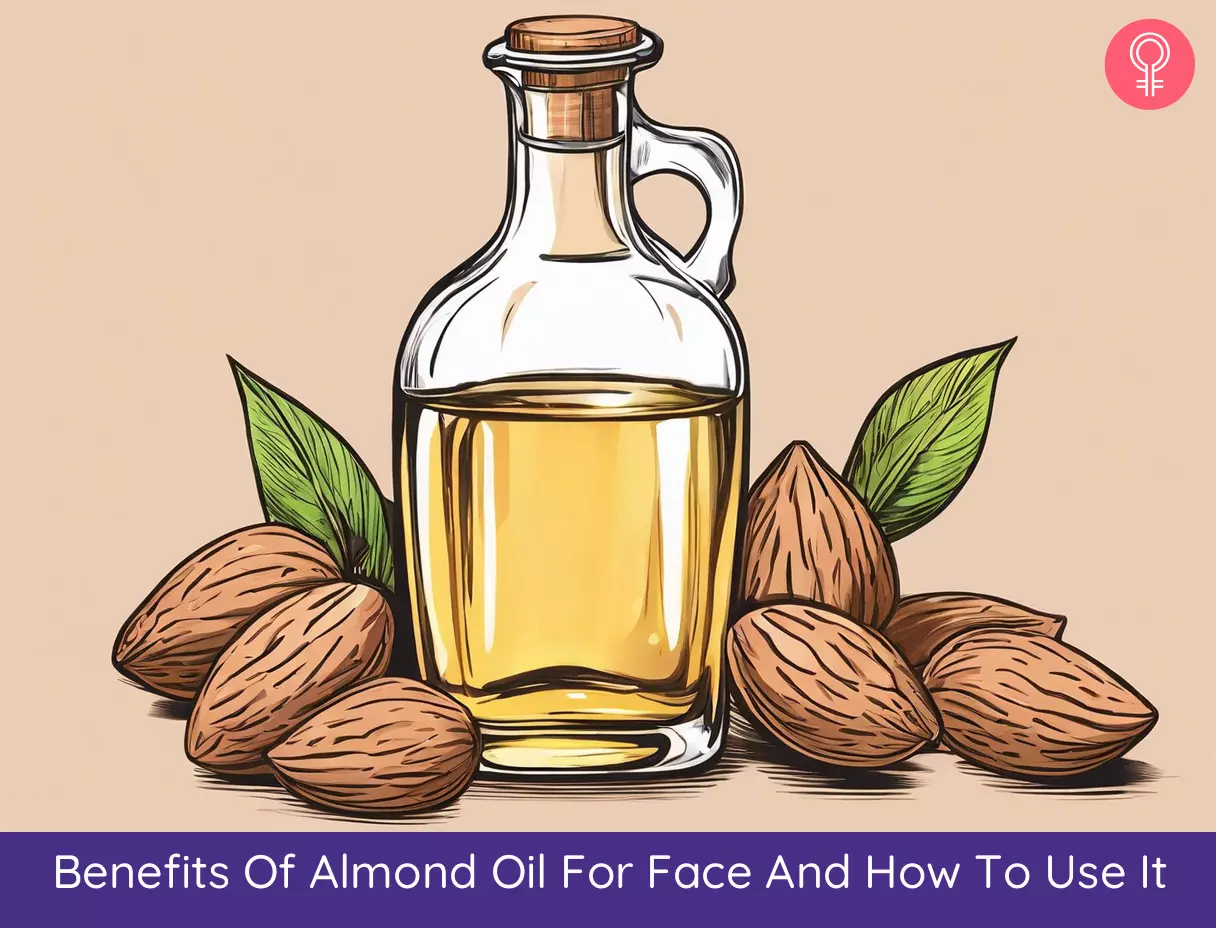
Image: Stable Diffusion/StyleCraze Design Team
Unleash the magic of almond oil for your skin! Watch this video to explore the nourishing properties of this natural elixir and experience the transformation to radiant skin.
Personal Experience: Source
StyleCraze's articles are interwoven with authentic personal narratives that provide depth and resonance to our content. Below are the sources of the personal accounts referenced in this article.
i. It’s all about almond oil!https://zkhan23.wordpress.com/2016/02/17/its-all-about-almond-oil/
References
Articles on StyleCraze are backed by verified information from peer-reviewed and academic research papers, reputed organizations, research institutions, and medical associations to ensure accuracy and relevance. Read our editorial policy to learn more.
- The uses and properties of almond oil
https://pubmed.ncbi.nlm.nih.gov/20129403/ - Influence of vitamin E acetate on stratum corneum hydration
https://pubmed.ncbi.nlm.nih.gov/9706379/ - Sebum analysis of individuals with and without acne
https://www.ncbi.nlm.nih.gov/pmc/articles/PMC2835908/ - Anti-Inflammatory and Skin Barrier Repair Effects of Topical Application of Some Plant Oils
https://www.ncbi.nlm.nih.gov/pmc/articles/PMC5796020/ - Effects of topical and oral vitamin E on pigmentation and skin cancer induced by ultraviolet irradiation in hairless mice
https://pubmed.ncbi.nlm.nih.gov/11341050/
Read full bio of Dr. Priya Gill
Read full bio of Arshiya Syeda
Read full bio of Ramona Sinha
Read full bio of Shiboli Chakraborti





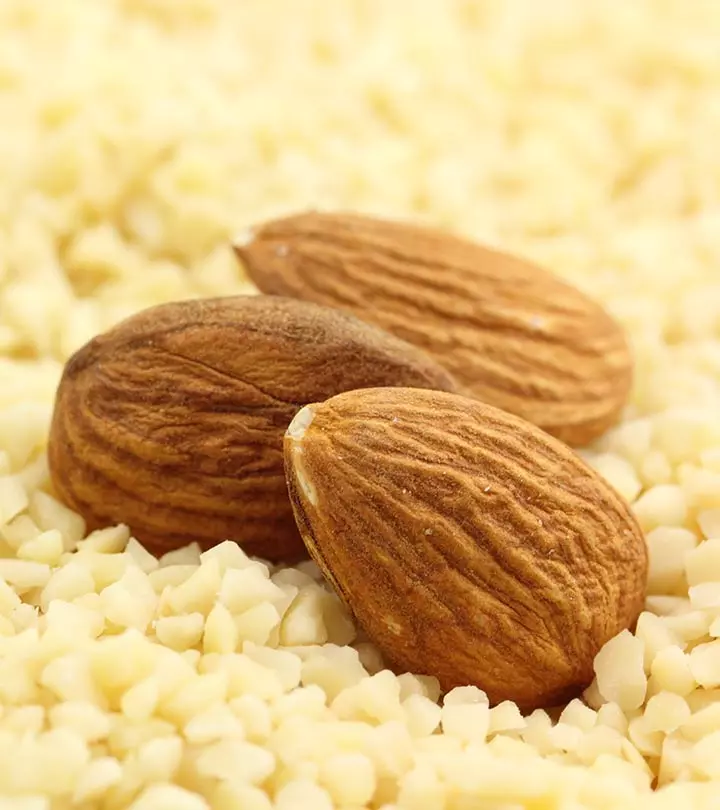
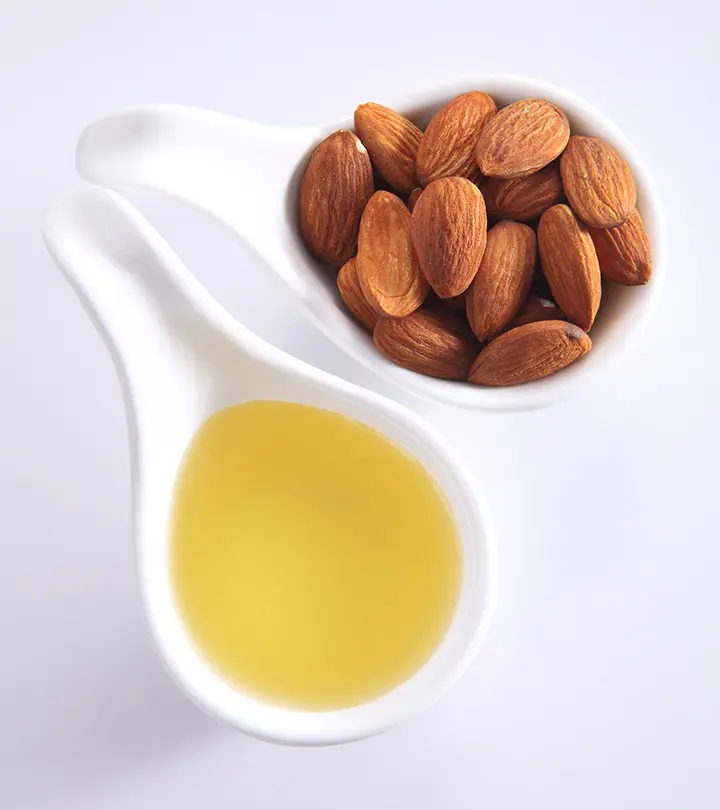
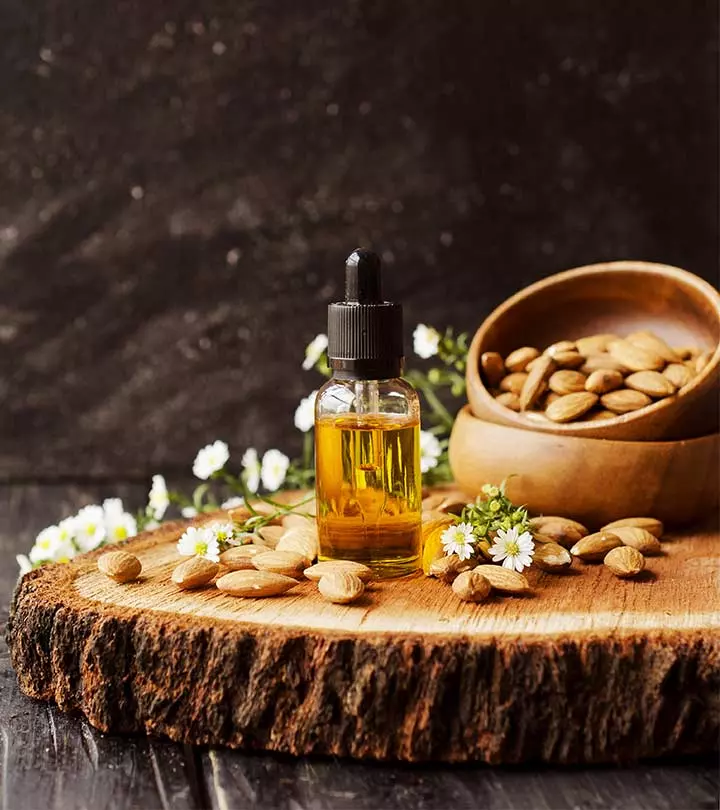

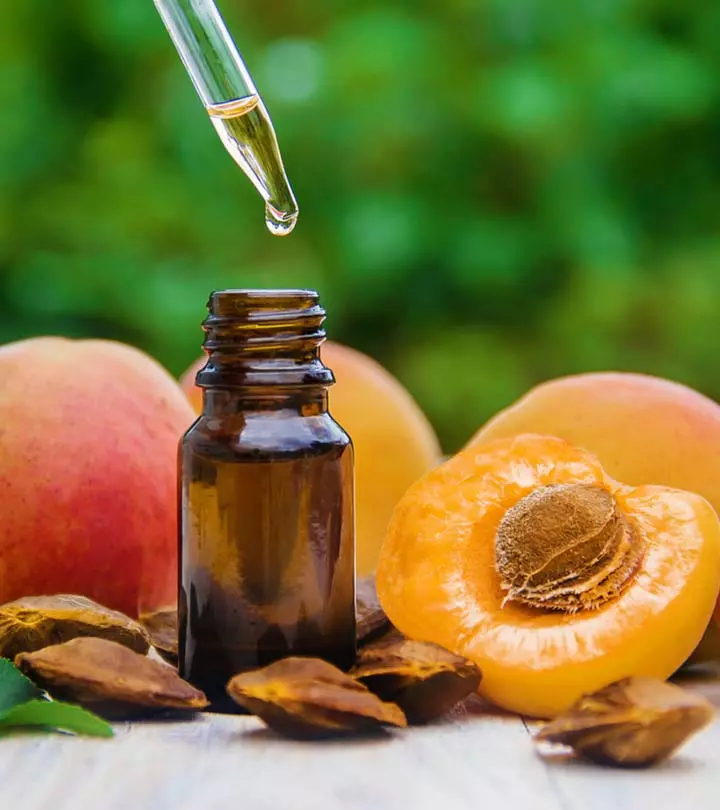
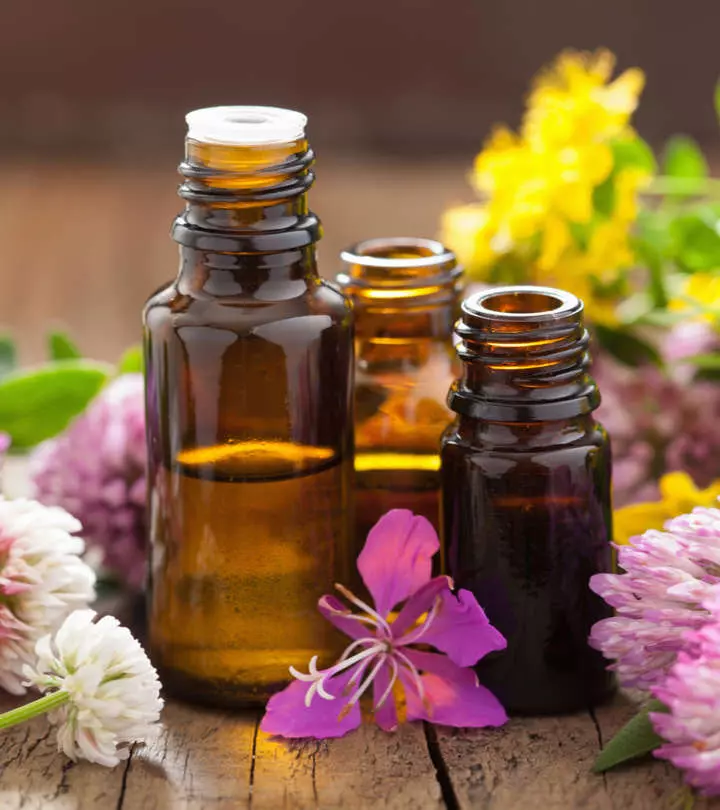
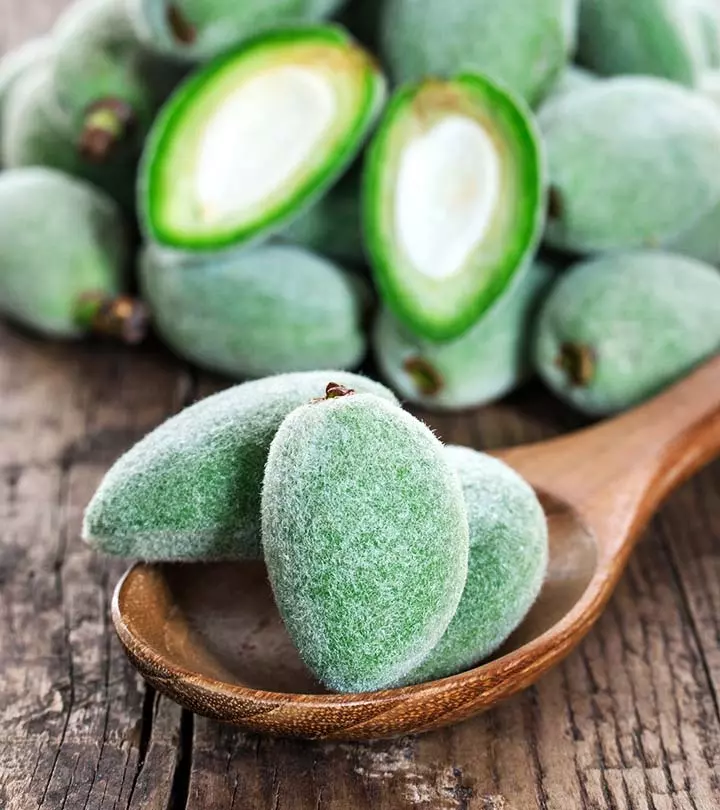
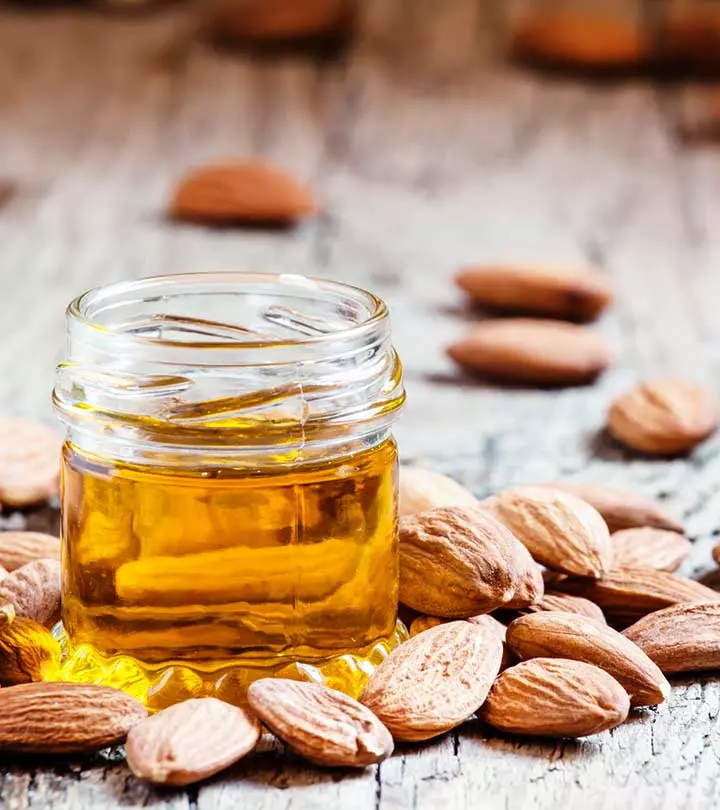
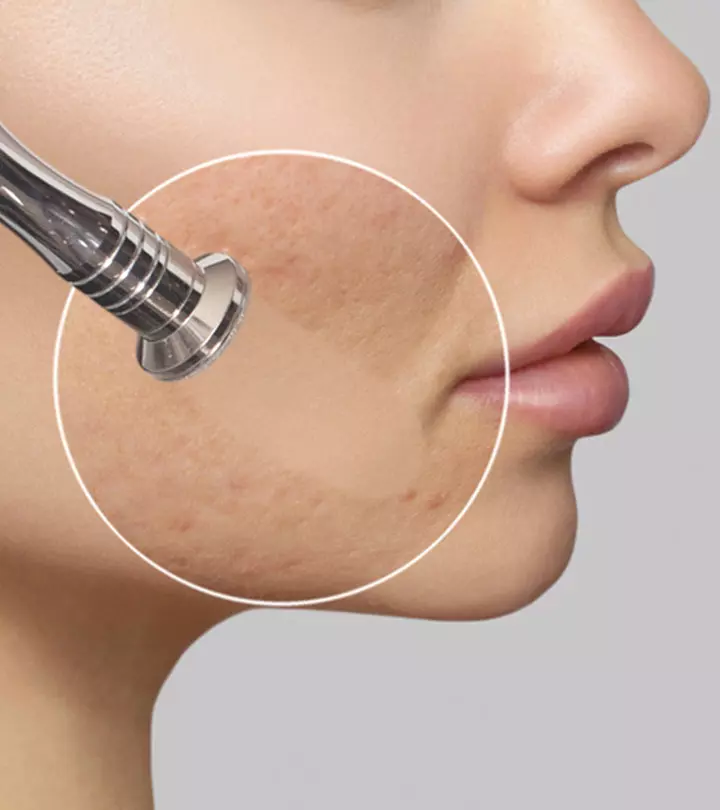



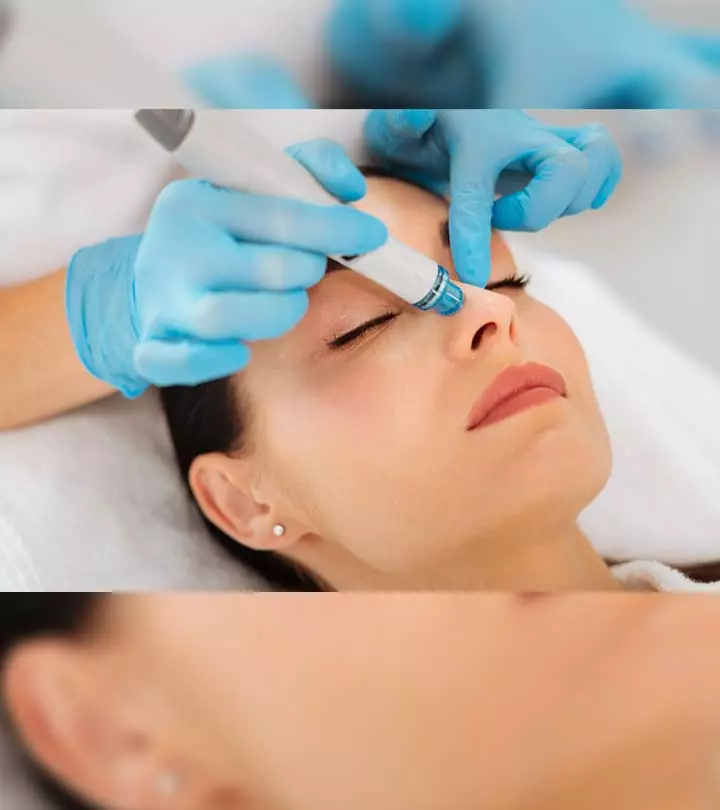

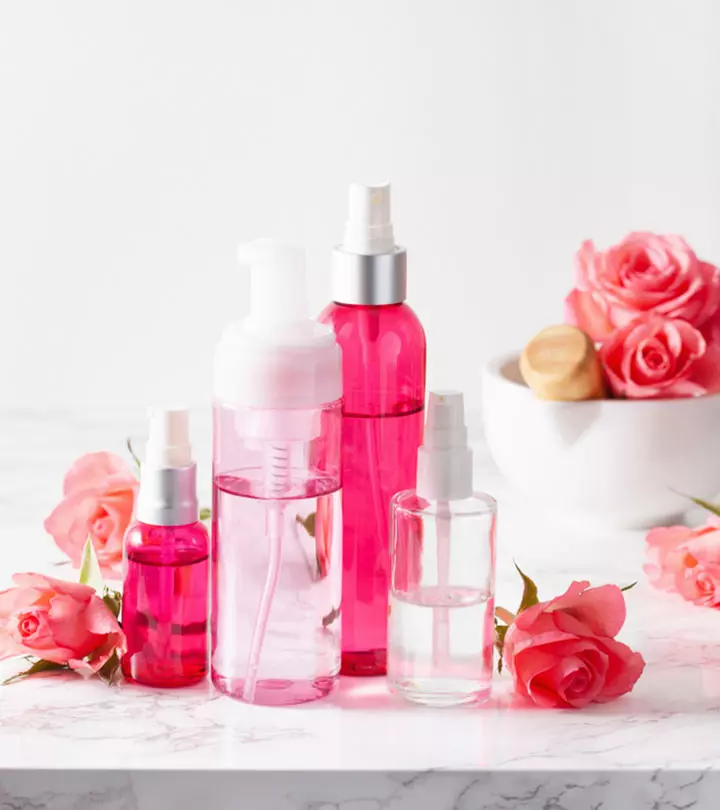
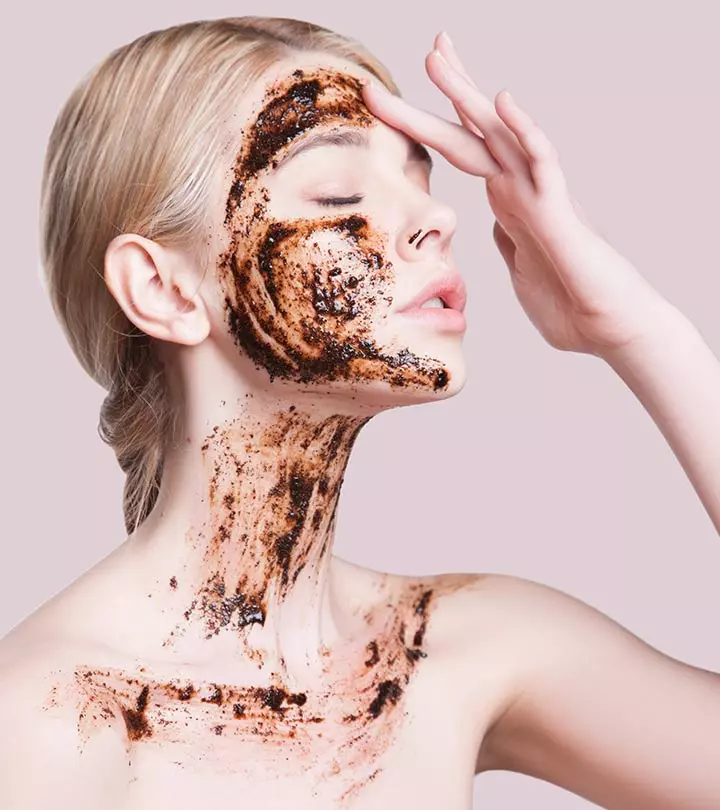

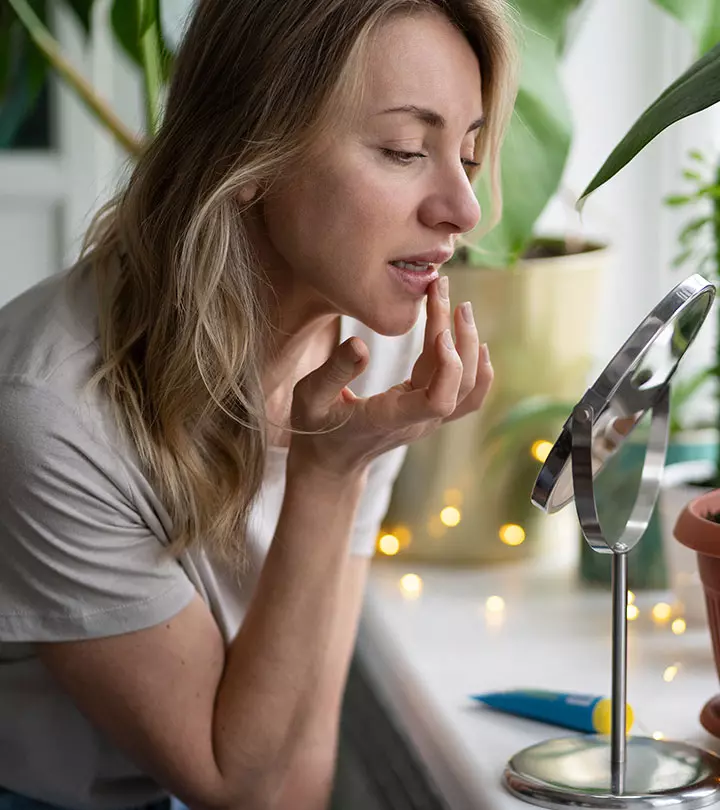


Community Experiences
Join the conversation and become a part of our empowering community! Share your stories, experiences, and insights to connect with other beauty, lifestyle, and health enthusiasts.